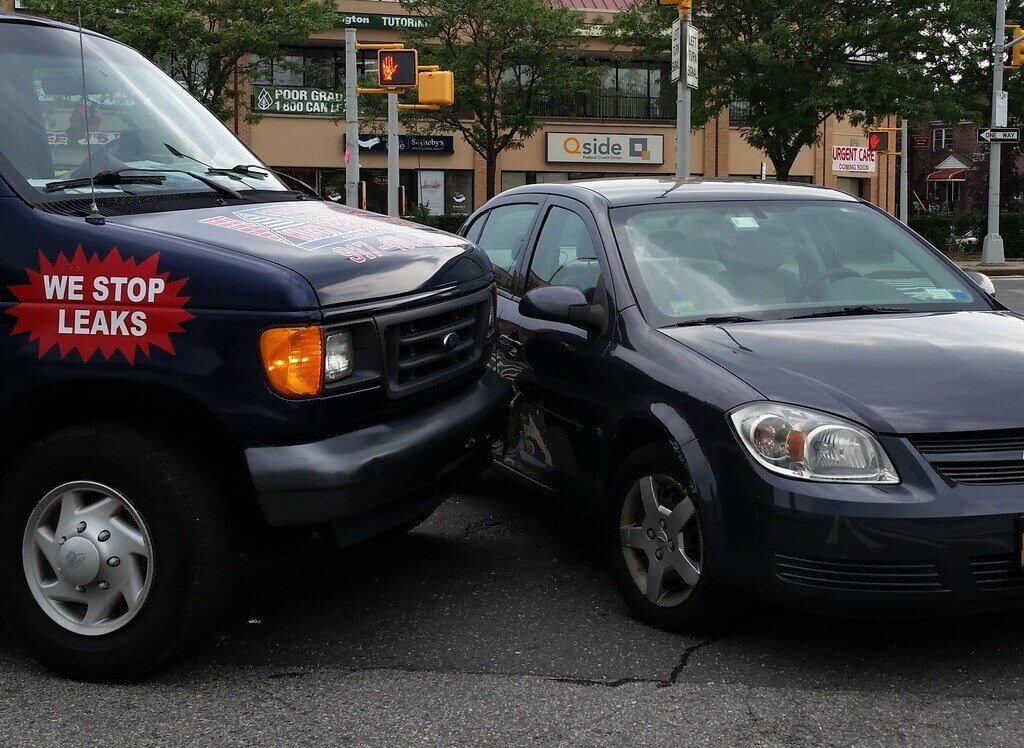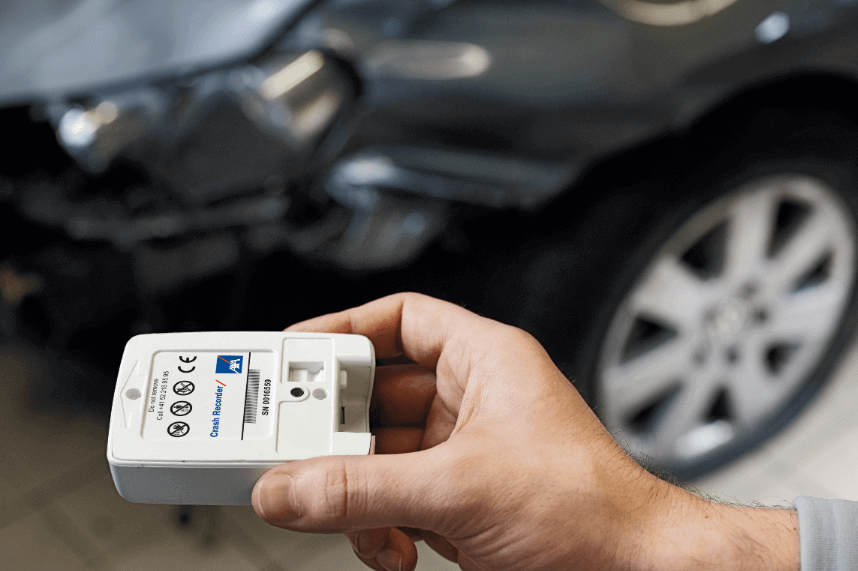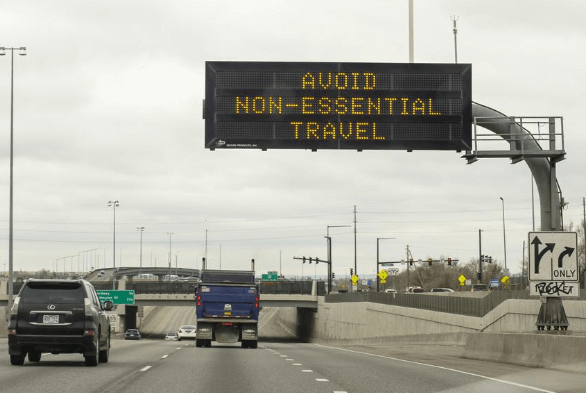
When your car starts to skid on a slippery road, it can be a heart-pounding experience, fraught with panic and uncertainty. Skidding, a common occurrence in adverse driving conditions, demands a calm and knowledgeable response from the driver. Understanding why skids happen, how to prevent them, and the critical steps to take if you find yourself in one can significantly enhance your safety and that of others on the road. This comprehensive guide delves into the nuances of skidding, including its causes, types, and the appropriate corrective actions to regain control of your vehicle. Table of Contents Understanding Skidding Causes of Skids Hydroplaning: A Skid Catalyst The Danger of Hydroplaning Responding to Hydroplaning Corrective Measures for Skidding Preventing Skids If You Get Stuck Post-Accident Steps Legal Implications of Skidding Accidents Skid Accident Liability Prevalence of Skid Accidents Seeking Legal Assistance in Colorado Understanding Skidding Understanding the mechanics of skidding is pivotal for every driver, as it equips you with the knowledge to prevent potential accidents and handle unexpected situations on the road. Skidding is not merely a loss of control; it represents a critical point where your vehicle’s tires can no longer maintain their intended path due to insufficient traction. This phenomenon can lead to various outcomes, ranging from minor deviations from your path to severe accidents. Delving deeper into the reasons behind skidding can offer insights into how to mitigate its risks. The Physics Behind Skidding At the heart of skidding lies a fundamental principle of physics: friction. The friction between your vehicle’s tires and the road surface is what allows you to steer, accelerate, and brake effectively. When this friction is compromised, control over the vehicle diminishes, leading to skidding. Several factors can reduce this crucial friction, including: Surface Conditions: Ice, snow, and water are the primary culprits that reduce road friction. However, even dry leaves, gravel, or an excess of dust can create a slippery layer, diminishing tire grip. Vehicle Speed: Higher speeds increase the distance and time required for a vehicle to stop. They also make the vehicle more susceptible to forces that can cause skidding, such as sharp turns or sudden stops. Tire Condition: Worn-out tires significantly reduce a vehicle’s grip on the road. The tread depth on your tires is designed to channel water away from the tire’s surface and maintain contact with the road. As tires wear down, their ability to do these decreases, increasing the risk of skidding. Driver Actions: Abrupt steering, harsh braking, and aggressive acceleration can all lead to skidding. These actions can cause the tires to surpass their traction limit, especially in poor driving conditions. Types of Skidding Skidding can manifest in several ways, depending on which tires lose grip: Understeer: This occurs when the front tires lose traction during a turn, leading the vehicle to continue straight instead of following the curve of the road. Oversteer: Conversely, oversteer happens when the rear tires lose grip, causing the rear of the vehicle to swing out. Locking up: A locked wheel skid can happen during abrupt braking, where one or more wheels stop rotating and slide along the surface of the road. Preventing Skidding Understanding the causes and types of skidding is the first step in prevention. Here are some strategies to minimize the risk of skidding: Maintain your vehicle: Regular checks and maintenance of your vehicle’s tires, brakes, and suspension system can significantly reduce the risk of skidding. Ensure your tires are properly inflated and have sufficient tread depth. Adjust for conditions: Modifying your driving behavior according to road conditions is crucial. Slow down on slippery surfaces, avoid sudden maneuvers, and increase your following distance. Use technology: Many modern vehicles are equipped with anti-lock braking systems (ABS) and electronic stability control (ESC), which can help prevent skidding. Familiarize yourself with these systems and understand how they assist in maintaining control. Skid Recovery Techniques Despite precautions, skids can still occur. Knowing how to react can help you regain control: Steer gently: In a skid, steer smoothly in the direction you want to go. Overcorrection can exacerbate the skid. Avoid slamming on the brakes: If you don’t have ABS, brake gently. If your vehicle is equipped with ABS, maintain firm pressure on the brake pedal, and steer as needed. Ease off the accelerator: If your vehicle begins to skid while accelerating, ease off the accelerator gently to help regain traction. Understanding skidding thoroughly provides a solid foundation for safe driving. By recognizing the warning signs, causes, and appropriate responses to skidding, drivers can significantly enhance their ability to navigate hazardous situations on the road confidently and safely. Causes of Skids The primary cause of skidding is typically a discrepancy between the direction the wheels are pointing and the direction the vehicle is moving. This mismatch can result from several factors, including excessive speed, sudden steering, harsh braking, or acceleration, especially on slippery surfaces. Hydroplaning: A Skid Catalyst Hydroplaning, a specific form of skidding, occurs when a layer of water builds between the tires and the road, leading to a loss of traction. This phenomenon can make steering and braking effectively impossible, momentarily taking control away from the driver. The Danger of Hydroplaning Hydroplaning is perilous because it strips you of the ability to influence your vehicle’s direction or speed. The loss of direct contact with the road surface means that conventional steering and braking inputs may not yield the expected vehicle response. Responding to Hydroplaning If you are hydroplaning, your first course of action should be to gently lift your foot off the accelerator and steer in the direction you intend to go. Avoid abrupt braking or steering movements, as these can exacerbate the skid. Corrective Measures for Skidding When your car begins to skid, it’s crucial to remain calm and remember key principles to correct the skid effectively. Here are tailored responses depending on the skid type: If your front wheels skid: Ease off the accelerator and avoid immediate steering. As traction returns, gently steer in the direction you wish…








